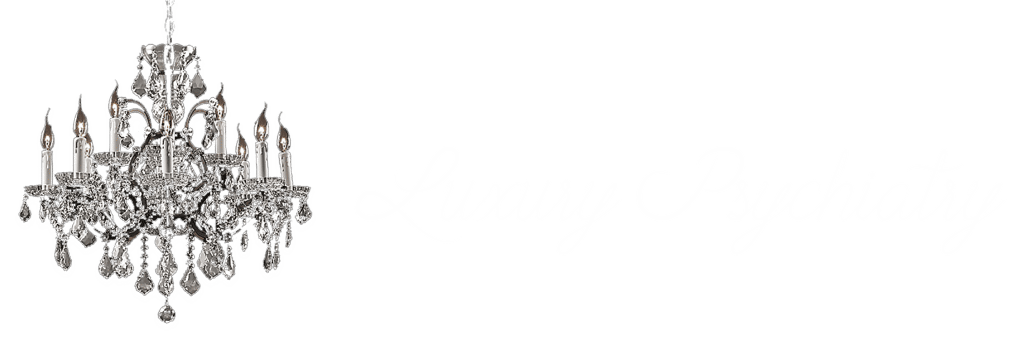Should a Psychiatrist be Board-Certified?

Choosing the right psychiatrist is a crucial decision that can significantly influence one’s mental health journey. This journey may include facing and addressing a range of conditions such as seasonal affective disorder, depression, anxiety, and mood disorders, among others. One crucial factor that patients should consider when choosing a psychiatrist is whether the psychiatrist is board-certified.
What Does Board Certification Mean?
Board Certification is a voluntary process that goes beyond basic medical licensure. Psychiatrists who are board-certified have met the rigorous educational and examination requirements set forth by the American Board of Psychiatry and Neurology (ABPN) or a similar recognized entity. These specialists have demonstrated, through written, oral, or practical examinations, their ability to provide superior care in the field of psychiatry.
Board certification signifies that the psychiatrist:
- Possesses broad and deep knowledge in their specialty, including such areas as the biology and pathology of the mind, behavioral science, and the ability to diagnose and treat a range of psychiatric conditions.
- Maintains up-to-date skills and knowledge through continuous learning and improvement. They regularly attend seminars, workshops, and conferences and stay updated with the latest research in their field.
- Adheres to high ethical standards, prioritizing patient safety, privacy, and well-being.
An extensive study from the Journal of the American Medical Association (JAMA) suggests that board-certified doctors provide better patient care and have better outcomes than non-board-certified doctors.
Importance of Board Certification
The rigorous process of board certification ensures that a psychiatrist is well equipped with the latest knowledge and skills to diagnose and manage mental health disorders. The importance of this can be highlighted by considering the services offered by Luxury Psychiatry Clinic.
For instance, a board-certified psychiatrist would be adept at:
- Seasonal Affective Disorder: Understanding its causes and manifestations and suggesting effective treatments, such as light therapy or medication management.
- Medication Management: Evaluating the need for medication, selecting the appropriate medication, and monitoring the patient’s progress and side effects.
- TMS Therapy: Knowing the technical details and safety protocols of this complex procedure and having the ability to evaluate its effectiveness.
- Sleep Disorders: Recognizing the various types of sleep disorders and their potential psychiatric causes or consequences.
- Mood Disorders, Depression, and Anxiety: Diagnosing these conditions, understanding their underlying psychological dynamics, and crafting a personalized treatment plan, which may include cognitive-behavioral, interpersonal, motivational therapy, or Spravato (esKetamine).
Contrary to seeing a board-certified psychiatrist, for personal or relationship issues, an individual might consider seeing a therapist. There may be advantages to seeing a therapist, but you should research the differences between a psychiatrist and a therapist.
Process of Becoming a Board-Certified Psychiatrist
Becoming a board-certified psychiatrist is a challenging process that requires rigorous education, practical experience, and high levels of professional competency. The journey typically involves several distinct steps:
- Education: To start, prospective psychiatrists must first earn an undergraduate degree, usually with a focus in pre-med or a related field such as biology or psychology. Once they complete their undergraduate degree, they then attend medical school for four years, obtaining a Doctor of Medicine (MD) or a Doctor of Osteopathic Medicine (DO) degree.
- Residency: Upon graduating from medical school, the next step is to complete a residency in psychiatry, which typically takes four years. During this time, they gain clinical experience under the supervision of experienced psychiatrists and learn to diagnose and treat a variety of mental health disorders.
- Board Certification Exam: After the completion of their residency, psychiatrists are eligible to sit for the board certification exam administered by the American Board of Psychiatry and Neurology (ABPN) or an equivalent body. This rigorous exam tests their knowledge and competency in psychiatry. Passing this exam signals that they are capable of providing excellent patient care in psychiatry.
- Maintenance of Certification: The process does not stop with passing the exam. To ensure that they stay up-to-date with the latest advancements in psychiatry, board-certified psychiatrists are required to participate in a process called Maintenance of Certification (MOC). MOC involves continuing education and periodic re-examinations to ensure that psychiatrists continue to provide the highest quality of care.
- Specialization: Some psychiatrists may choose to further specialize in a specific area of psychiatry such as geriatric psychiatry, child and adolescent psychiatry, or addiction psychiatry. These subspecialties require additional training and certification.
Find a Psychiatrist at Luxury Psychiatry Clinic
Choosing a board-certified psychiatrist, such as those at Luxury Psychiatry Clinic, is an important step towards ensuring high-quality mental health care. Our board-certified psychiatrists have undergone rigorous training and are updated with the latest advancements in psychiatry.
To take the first step towards better mental health, schedule a consultation with one of our board-certified psychiatrists today!
Related Articles

Should I See a Therapist or Psychiatrist?
Should I See a Therapist or Psychiatrist? Reviewed by: Michelle Dees, MD Table of Contents Add a header to begin generating the table of contents













